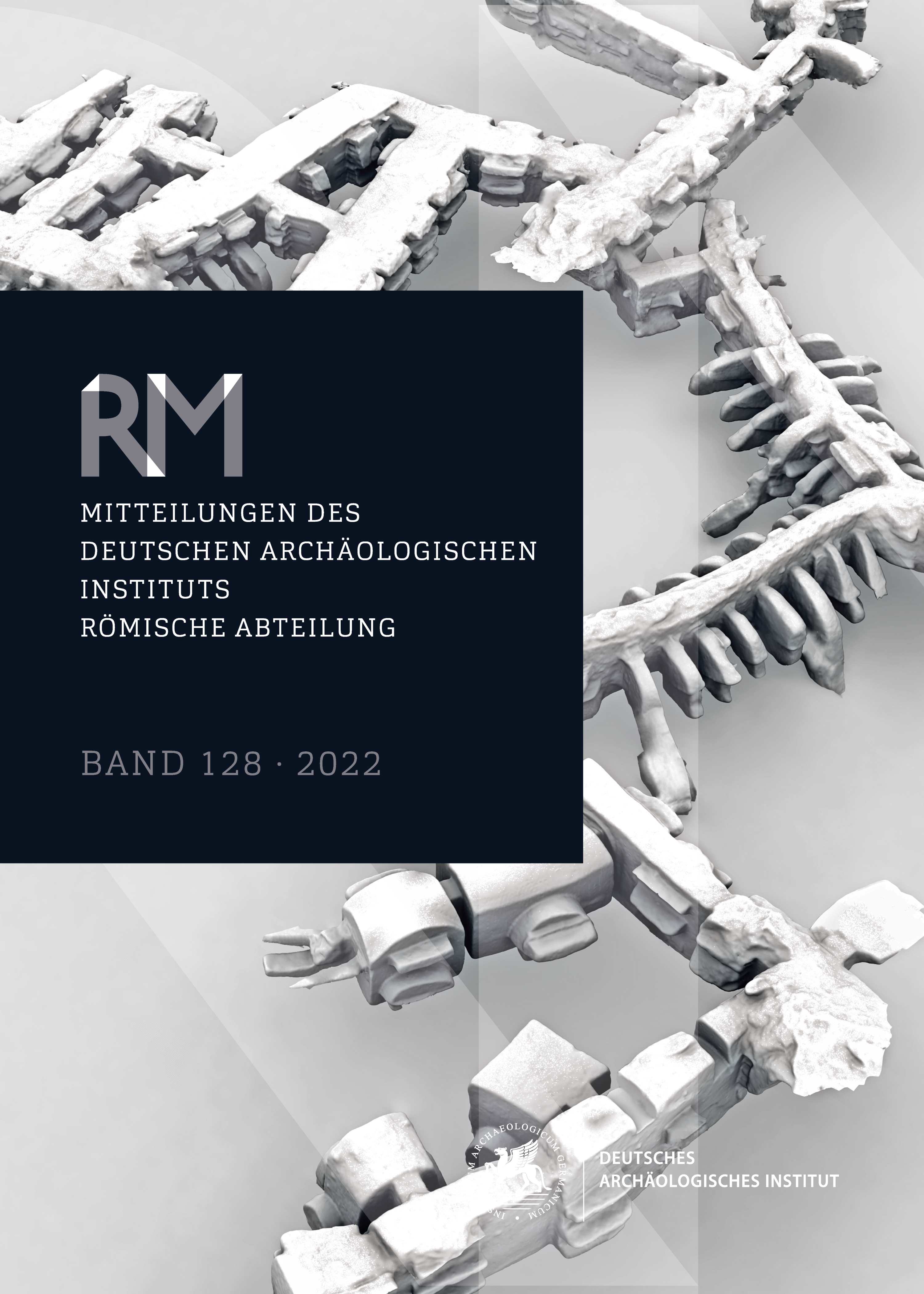Die Glasperlen des 8. und 7. Jhs. v. Chr. aus Verucchio (Emilia-Romagna, Italien).
Die monochromen Perlen und Augenperlen
https://doi.org/10.34780/tf67-7tac
Abstract
The presentation of glass beads from Verucchio, especially from recent excavations, serves to improve our knowledge of an often neglected genre of archaeological finds of the Early Iron Age in Italy. Glass beads of the 1st millennium BC are frequently listed as evidence of long-distance contacts, but are rarely studied and classified in detail. Seeing them oneself or at least good photographic evidence is necessary for their correct evaluation. The impact of analytical chemistry on this archaeological material is clearly increasing, though without the archaeological analyses and resulting questions about the chemistry having been fully worked out. The first part of this study presents the monochrome beads and those decorated with dot or ring eyes. It then sets them in their comparative contexts both in Italy and beyond. Finally, the state of research on glass chemistry, especially the colouring possibilities of the respective glasses, is set out. Thus, it becomes clear that certain bead forms remain restricted to the Bologna-Verucchio region, while others are scattered across Italy as well as occurring in the north-eastern adjoining regions of central Europe and the Aegean. In another later contribution, the remaining bead types, their chronological occurrence and their purpose in the graves will be discussed.
Schlagwörter:
Early Iron Age, Glass Beads, Analytical Chemistry, Emilia-Romagna, Long-Distance Contacts





